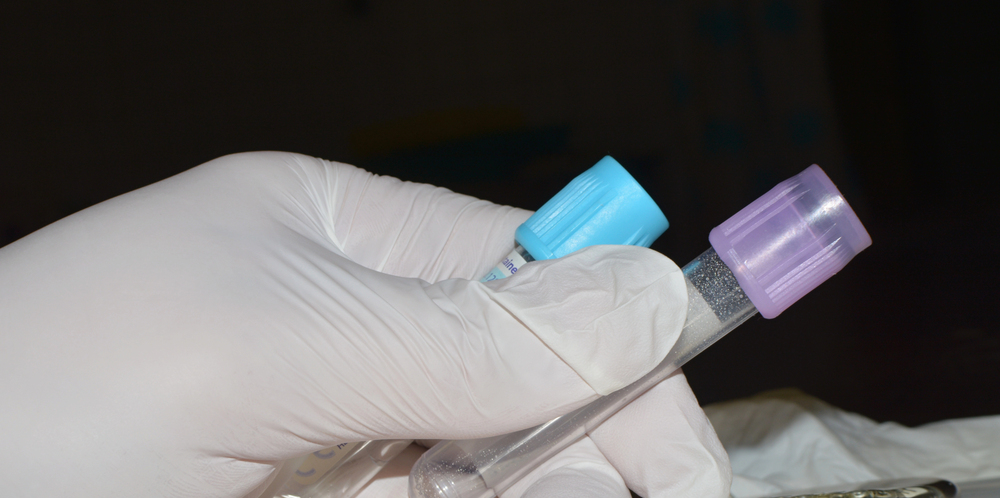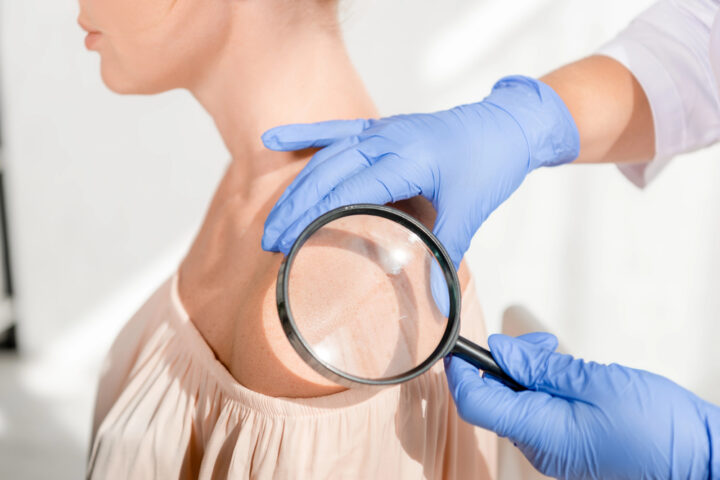A review of London’s laws regarding driving while under the influence of alcohol exists
London’s drink driving laws apply BAC regulations to protect road users through their designated driving limit. In the United Kingdom, the law defines unfitness to drive through a blood alcohol content (BAC) of 0.08%. The driver responsible for fatigued driving incidents involves two distinct groups with different BAC requirements: professional drivers and drivers who are younger than 24 years old must maintain a BAC at below 0.02%.
The severity level of drink driving violations determines the types of offences within the law. Driving over legal BAC limits stands as the primary offence next to trying to drive with alcohol in the system above permitted levels. Serious infractions in Australia include two distinct categories of offence: driving under the influence while being in charge of a vehicle or refusing to produce breath or blood, or urine to police upon request. Penalties from these violations involve monetary fines together with possible imprisonment, along driving restrictions that produce life-transforming results for drivers.
London’s law enforcement agencies serve as essential agents who maintain drink driving regulations through their targeted enforcement of alcohol-related traffic laws. Random breath testing by the Metropolitan Police, along with their power to pull over drivers they suspect of being affected by alcohol consumption, form the core of their enforcement operations. Safety measures taken in advance serve to minimise drinking and driving incidents, which produces an environment that becomes safer for all members of society. Residents and visitors to London both need to understand these drinking laws to support responsible alcohol consumption alongside traffic safety education.
Penalties for Drink Driving Offences
London’s courts enforce major penalties for drunk driving offences as part of their attempt to prevent people from driving while intoxicated. People face multiple legal penalties after driving with blood alcohol levels above the permitted threshold. The specific punishments depend on how severe the case is and previous convictions.
When drivers face their first drinking and driving charge, they will be required to pay a maximum fine of £2,500 and experience a minimum of 12 consecutive months of driving suspension. Offenders who fail to drive responsibly after previous offences or show dangerous impacts on their ability to drive properly can face substantial penalties, which can reach £5,000 with extended disqualification terms.
Monetary fines and driving disqualifications come with the additional possibility of imprisonment for violating this law. First-time drink driving offenders face possible jail sentences of up to six months when their offence involves harming others in crashes. If aggravating conditions exist, such as highly elevated BAC levels or past convictions, authorities can impose standardised jail sentences of up to five years for the worst cases.
Alcohol-Related Driving Offence Legal Procedure
The legal process for London citizens who receive a drink driving charge starts with their arrest at the time of booking. Law enforcement officers who suspect drivers are impaired by alcohol often perform field breath tests before making arrests at traffic stops. A violation of the alcohol limit in preliminary tests will lead to police detention, followed by further assessment and official processing at the police station. This period gives you two vital legal rights to exercise your right to silence and acquire legal representation. Getting expert guidance from London Drink Driving Solicitors ensures you obtain crucial legal support after a drink driving charge or investigation. The combined local court experience, along with specialised Drink Driving defence capabilities of these law firms, leads to better outcomes than self-representation.
The arrest will move to detention for questioning before the law makes a formal charge. The initial appearance for legal proceedings occurs at the Magistrates’ Court, but remains a vital stage in criminal proceedings. During this phase, defendants must present their court plea. Due to their expertise in drink driving laws, a qualified solicitor specialising in this field should be consulted to handle your case because they fully understand the complexities of the legal process. A solicitor helps clients make essential decisions about their legal options between guilty and not guilty pleas. Solicitors negotiate settlement options with the defendant’s registered address and guide plea bargains and alternative sentencing opportunities, including community service and rehabilitation programs.
Preventative Measures together with Responsible Driving Tips
Safety demands that people practice both responsible drinking habits as well as preventative measures because of the severe dangers of drink driving. Planning events before they start and making smart decisions minimises the chance of getting caught drink driving. Forward-thinking is crucial; You need to determine your transportation plan at the beginning of the evening. London residents can access multiple safe transport choices consisting including public transit buses and taxis, and ride-sharing programs that ensure reliable access for drinkers.
Every person should learn about the precise relationship between alcohol content in their blood and overall blood composition. The knowledge of how different alcoholic beverages impact your body helps you choose your drink consumption wisely. People can check their sobriety by knowing that the legal blood alcohol concentration in the UK is set at 0.08%. When attending social events, people should limit their alcohol consumption to their comfort zones.
When drinking with others, having a designated driver brings safety to the celebration. When someone appoints themselves as a designated driver, they handle the duty of transporting the entire group home without endangering anyone through impaired driving. Hosting non-alcoholic options at social events will promote responsible drinking behaviour, along with encouraging gentle alcohol intake from all guests. Before alcohol consumption takes place, everyone must understand that no-driving promises safeguard personal safety while protecting the well-being of all road users.
According to proactive behaviour and awareness about alcohol influence and driving capabilities, people can create safer environments, leading to decreased instances of drinking and driving in London.







